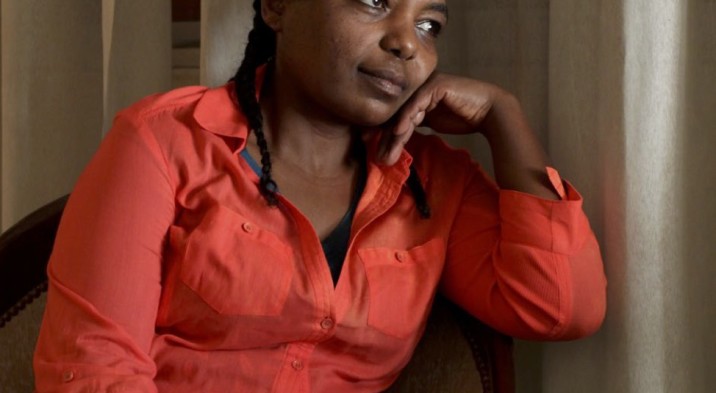
Insan Association, Lebanon – July, 2014
INTRODUCTION
Years ago the issue of Migrant Domestic Workers (MDWs) in Lebanon began to surface in international media. This came as a result of efforts by civil society organizations, including Insan Association, which have worked to shed the light on the multiple violations of Migrant Domestic Workers rights. Migrants Domestic Workers have many characteristics that render them especially vulnerable; they are women, they are foreign and poor, and are racially discriminated against. All these factors make it easy for us; men and women, institutions and officials, to violate their rights willingly, or unwillingly as a result of ignorance.
The debate about MDWs rights has, without a doubt, progressed significantly in recent times. What started as a shy discussion in the quarters of some human rights organizations soon became an important media debate. The media has in some instance supported the rights of MDWs and in other instances defended violators of these rights. Moreover, the media has oversimplified crimes that resulted in the death of many MDWs while also over-emphasizing incidents where employers’ rights were violated. The media also did not hesitate to over-generalize. Thereafter, the discussion surrounding MDWs has moved from media discourses to official talks whose aim was to legislate for domestic work in Lebanon. Although those attempts have not been successful yet, multiple researches and draft laws about this issue were made available to decision makers.
Throughout the years that Insan Association spent defending the rights of MDWs we were able, in cooperation with Lebanese and international partners, to expand the circle of dialogue and research and to include representatives of MDWs.
Today, this research entitled “The Kafala system; when employers also accepted to share their perspective” carried out by a team from Insan Association is a ground breaking study that documents the opinions of a considerable number of employers in Lebanon. Thus, by including employers in the discussion this research sets forward a holistic national dialogue on the rights and duties of MDWs in Lebanon.
This study is also an open invitation to employers. Employers are the ones who have the power to improve the standing of human rights in Lebanon. They are also the only ones concerned with Lebanon’s international reputation. The time is right for us employers to end an unjust situation that we can no longer accept.
DOWNLOAD THE FULL REPORT IN ENGLISH
DOWNLOAD THE FULL REPORT IN ARABIC